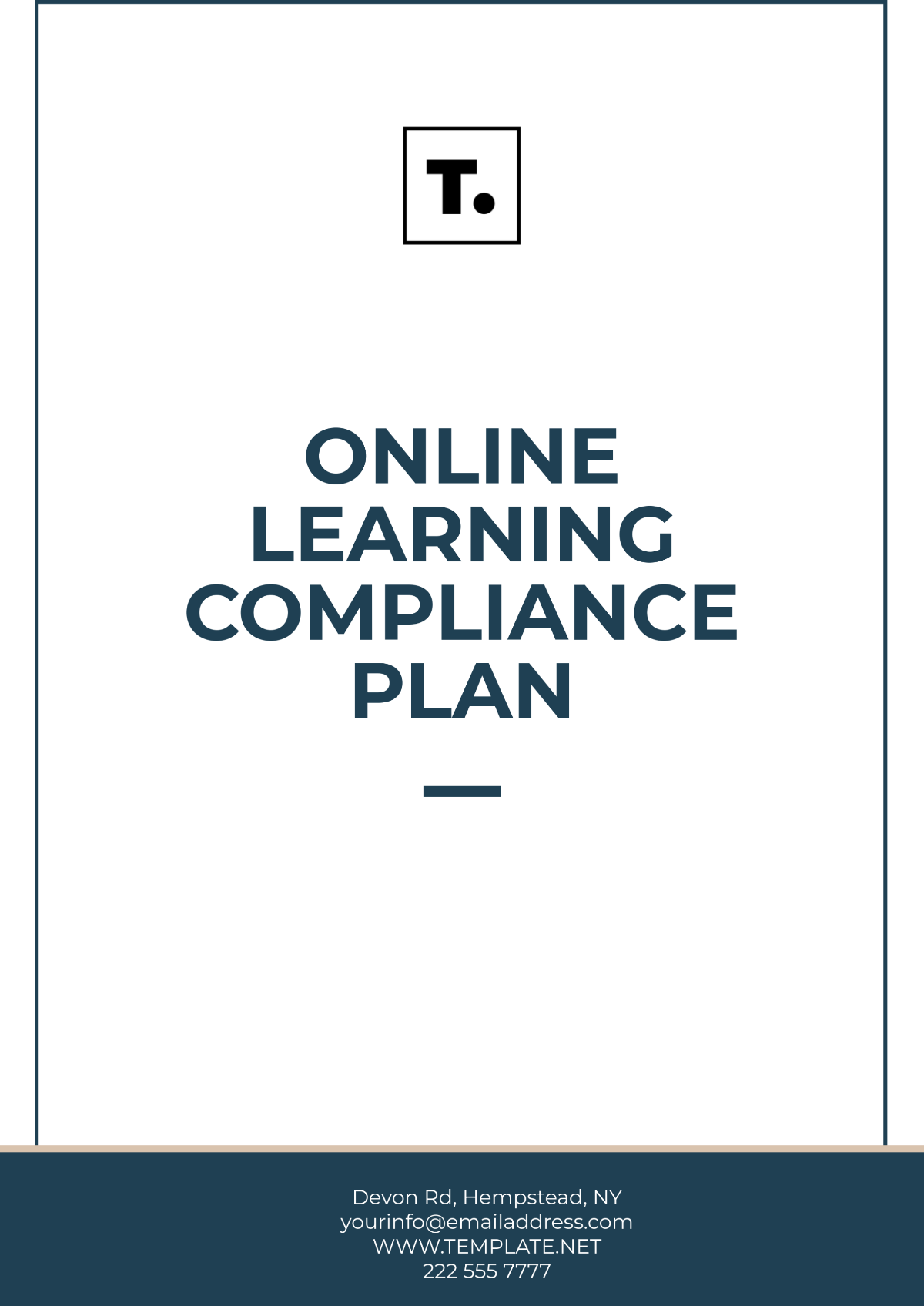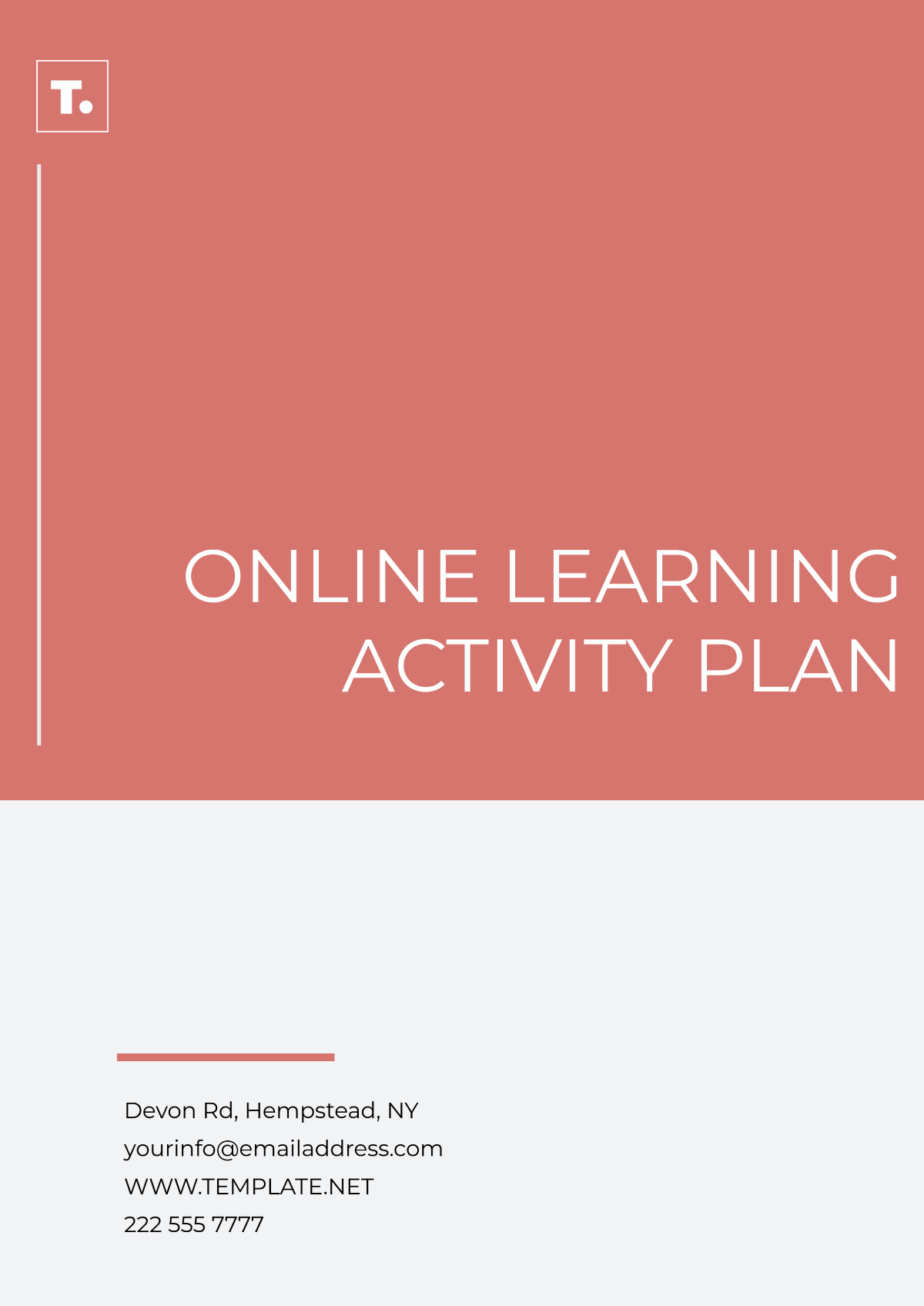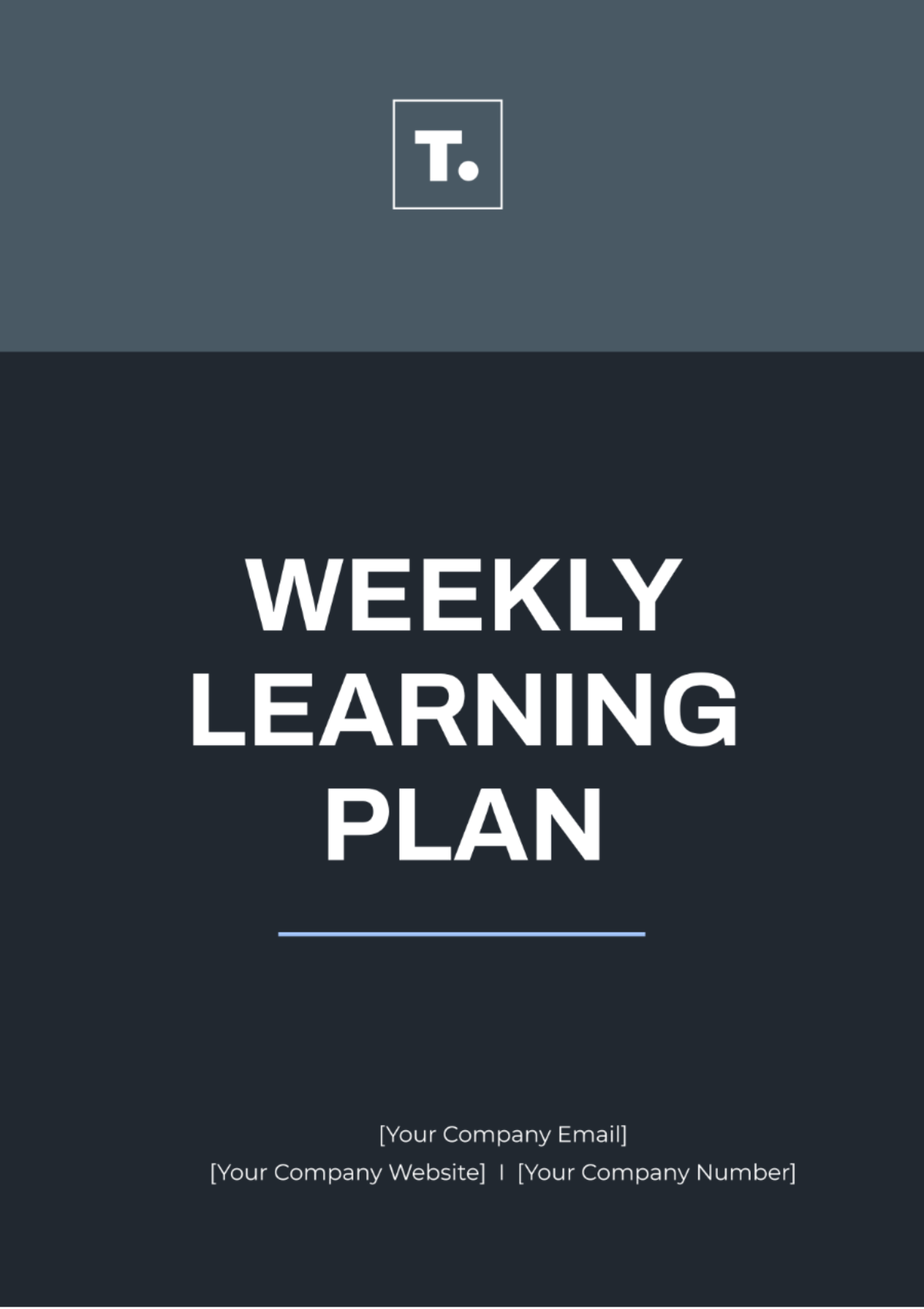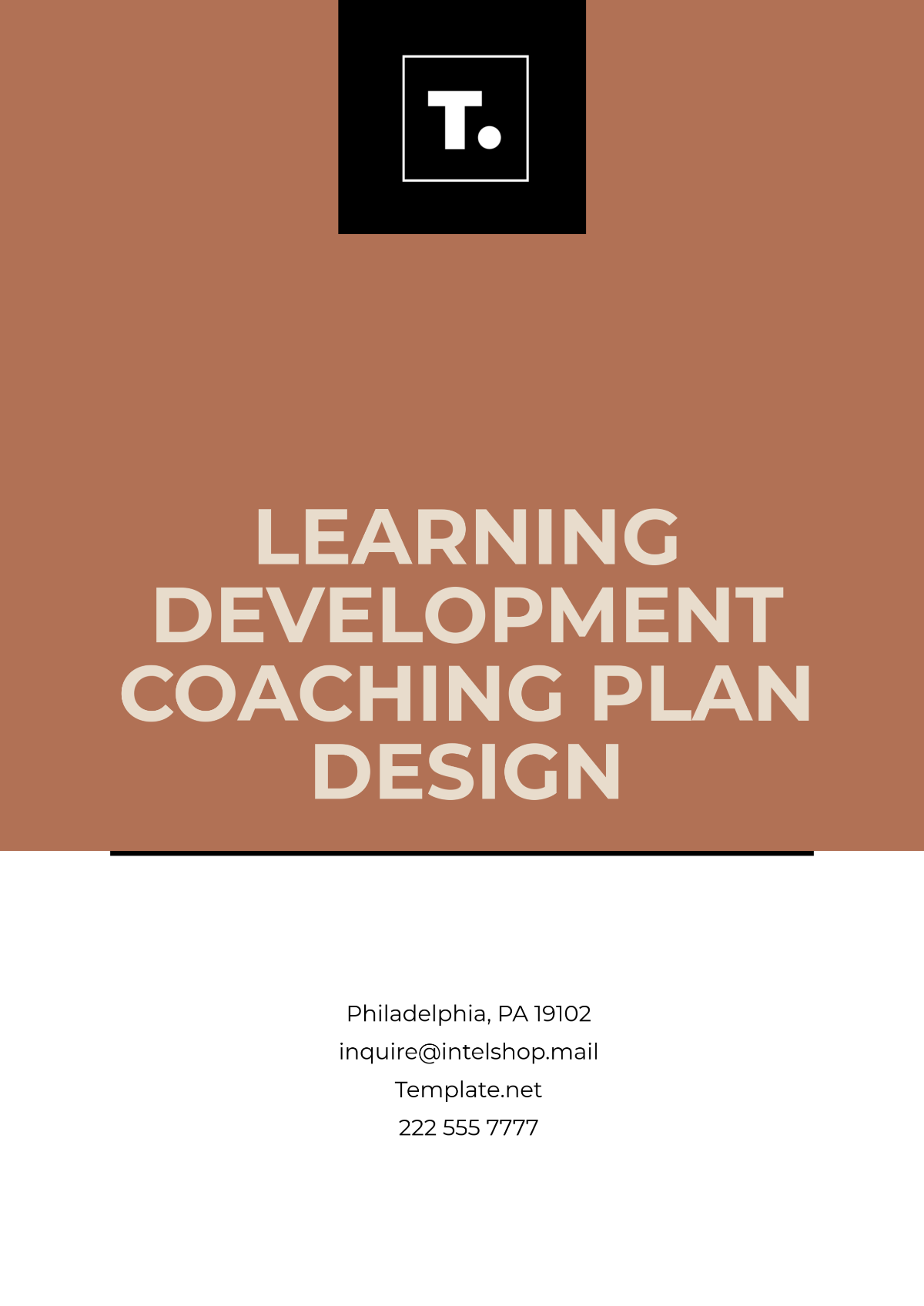Learning Development Coaching Plan Design
Prepared by: [Your Name]
Date: [Date]
I. Introduction
Purpose of the Plan: Define the purpose of the learning and development coaching plan, including the overall goals and outcomes expected.
Coachee Background: Briefly describe the background of the individual being coached, including their role, skills, and areas of development.
II. Coaching Objectives
Short-term Goals: Outline the specific goals to be achieved in the short term, typically within 1–3 months.
Long-term Goals: Detail the broader, more strategic objectives that will be pursued throughout the coaching relationship.
III. Coaching Approach
Coaching Methods and Techniques: Describe the coaching methodologies (e.g., one-on-one sessions, group coaching, role-playing) that will be employed.
Learning Style Assessment: Identify and analyze the learning style of the coachee (e.g., visual, auditory, kinesthetic) to tailor the coaching approach.
IV. Action Plan
Key Activities and Milestones: List the main activities, assignments, and projects that will support the coachee’s development, along with clear milestones.
Resources and Tools: Identify any resources (e.g., online courses, books, workshops) and tools (e.g., assessments, feedback surveys) that will be provided to the coaches.
V. Timeline
Coaching Sessions Schedule: Provide a detailed timeline for coaching sessions, including frequency and duration.
Progress Review Dates: Specify when progress reviews will occur, and any check-ins to assess the effectiveness of the coaching process.
VI. Evaluation and Feedback
Performance Metrics: Define the key performance indicators (KPIs) that will be used to measure the coachee’s progress and success.
Feedback Mechanisms: Detail how feedback will be collected and delivered, such as through surveys, interviews, or informal check-ins.
VII. Conclusion and Follow-up
Summary of Plan: Recap the key points of the coaching plan, ensuring alignment with the coachee’s objectives and the organization's needs.
Post-Coaching Support: Identify any follow-up actions or continued support that will be provided after the coaching program concludes, such as ongoing mentoring or access to resources.




